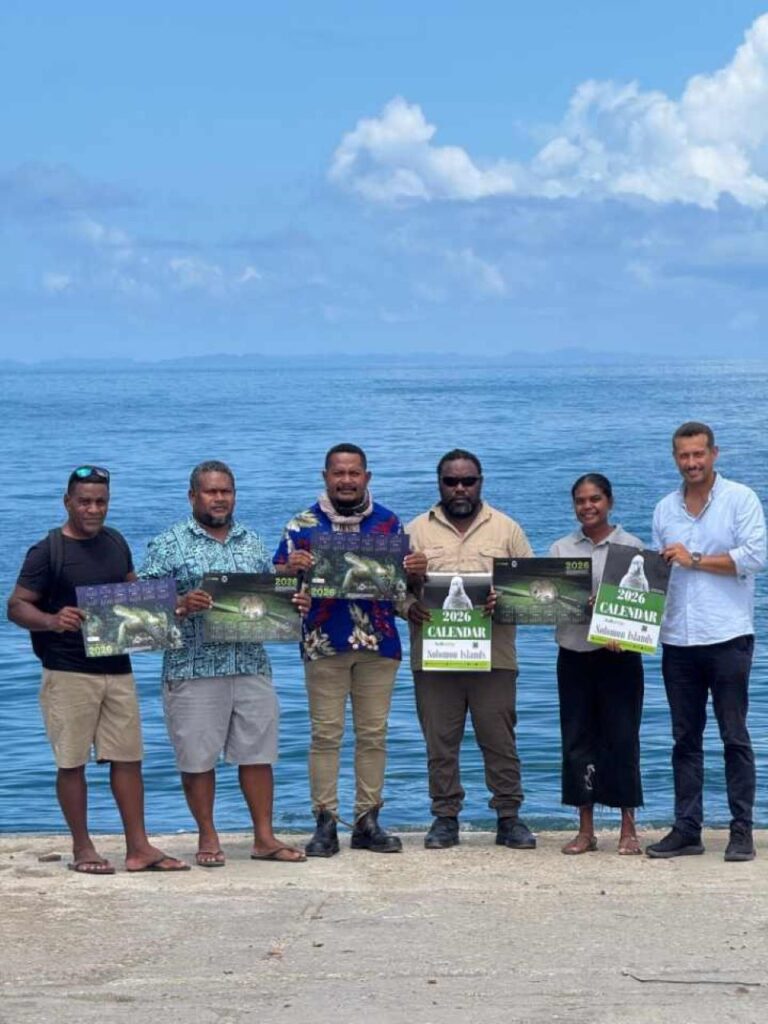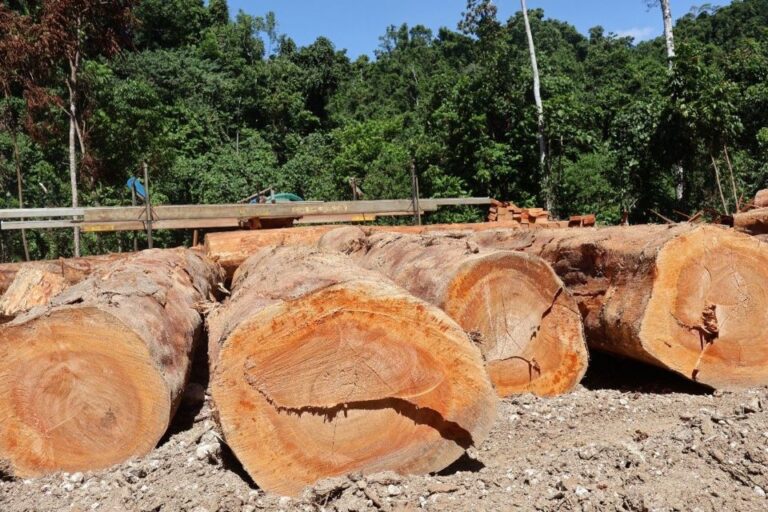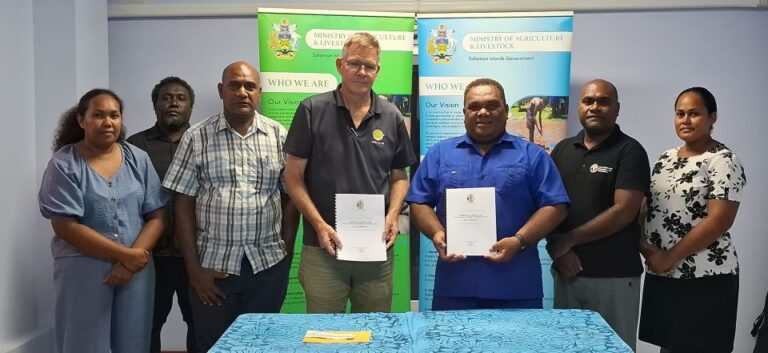THE Ministry of Agriculture and Livestock, Biosecurity Emergency Coordination Centre (BECC) has been coordinating the response to the Coconut Rhinoceros Beetle (CRB) outbreak in the country since November 2018.
CRB is a significant threat to Coconut and other palms. Symptoms were first reported in Honiara, Solomon Islands in December 2014 and since that date incursions are now known to be in all 9 Provinces with 13 major outbreaks.
In line with initial plans on the emergency towards the coconut rhinoceros beetle (CRB) incursion in the country, BECC has recently mobilised a team of casual workers to continue the cleaning-up of Honiara. While Honiara has already seen a major clean-up effort, there are significant numbers of coconut trunks still lying on the ground in many communities in Honiara. These are quickly becoming breeding site for the destructive pest as we continue to battle against this deadly pest.
The current Honiara clean-up started work from the Namoruka area, further up along the stream and to the eastern side of Honiara and have now moved to the Mbaranamba Area and Ohuiola community.
In the meantime, Delimiting surveys have been completed in Ysabel, South Malaita and Russell Islands with North/East Malaita currently active. These will be followed by Western Provinces, Ulawa, Makira and Guadalcanal. All Provinces will be finished by year end. A key part of delimiting surveys are the bucket traps with pheromone lures to capture CRB to enable a population count and analysis. Delimiting surveys also include data collection and visual tracking of infected palms and the level of destruction.
Data analysis from delimiting surveys in Provinces, informs the next step of Sanitation/cleaning-up. This is the process of removing and destroying all breeding sites of the coconut rhinoceros beetle (CRB). It is a critical step as it involves community chiefs, elders, landowners, and farmers who own coconut plantations or individual standing palms within the communities and plantations. Therefore, the BECC office urge the community people, plantation owners and farmers to work with the Biosecurity officers who are currently doing the delimiting surveys in the provinces and also the biosecurity casuals who are currently cleaning up the coconut trunks from our communities within Honiara. It is to everyone’s benefit as well as the country to be responsive towards this deadly pest by working together as the best way forward in controlling or even a total eradication of this destructive pest.




